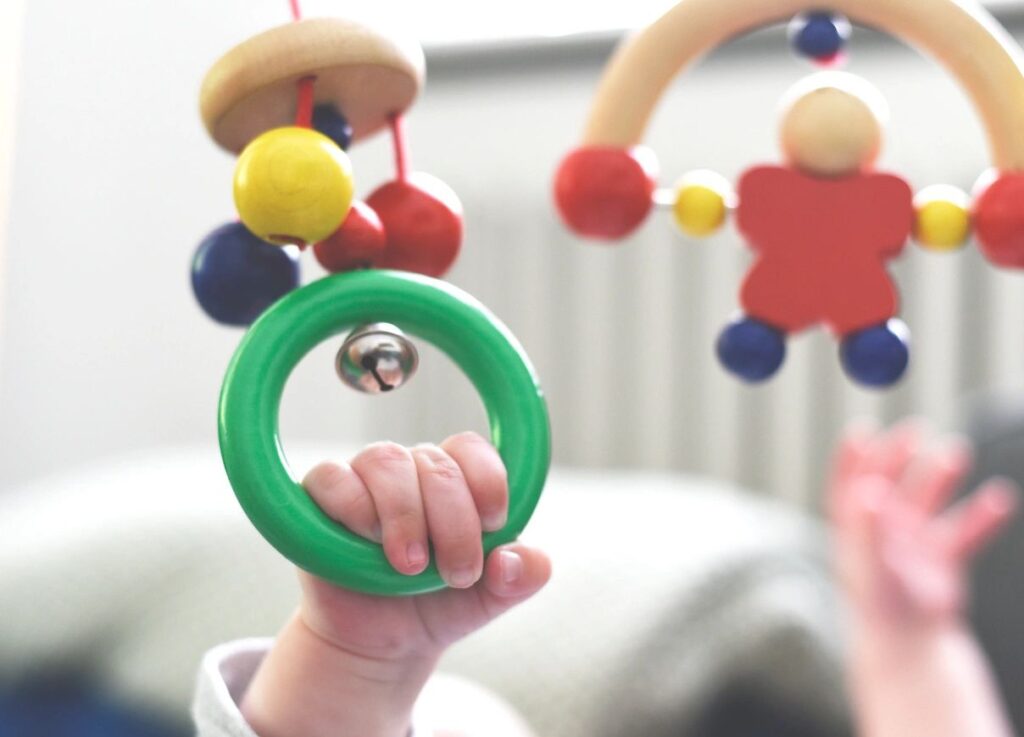Relinquishing or terminating parental rights is a significant and often emotional legal action. In Minnesota, this process can either be voluntary or involuntary, resulting in a parent permanently giving up all rights and responsibilities toward their child. Understanding the specifics of this legal process is crucial for any parent considering or facing the termination of parental rights. Here’s a comprehensive guide on what you need to know.
Voluntary Termination of Parental Rights
Voluntary termination occurs when a parent willingly decides to give up their parental rights, often in situations such as adoption. The process in Minnesota involves several steps:
- Petition: The parent must file a petition with the court requesting the termination of their parental rights.
- Consent: The parent must provide written consent, typically through a signed and notarized document.
- Court Hearing: A court hearing will be held where a judge will determine if the termination is in the best interests of the child. The parent must demonstrate that their decision is made freely and without coercion.
- Judicial Approval: The judge will approve the termination if it is deemed to be in the best interests of the child, taking into consideration factors such as the child’s welfare and future stability.
Involuntary Termination of Parental Rights
Involuntary termination occurs when the court decides to terminate a parent’s rights against their will. This usually happens in cases of abuse, neglect, abandonment, or when a parent is deemed unfit. The process involves:
- Petition: A petition for involuntary termination can be filed by another parent, a legal guardian, or a child protection agency.
- Investigation: Child protective services will typically conduct an investigation to gather evidence supporting the petition.
- Court Hearing: A court hearing will be held where evidence is presented, and the parent has the opportunity to defend against the termination.
- Judicial Decision: The judge will determine if termination is justified based on clear and convincing evidence that it is in the best interests of the child.
Grounds for Involuntary Termination
Minnesota law outlines specific grounds for involuntary termination of parental rights, including but not limited to:
- Abandonment: The parent has abandoned the child without intention of returning.
- Neglect: The parent has failed to provide necessary care, supervision, or protection for the child.
- Unfit Parent: The parent is deemed unfit due to issues such as substance abuse, mental illness, or a history of abuse or neglect.
- Failure to Support: The parent has failed to financially support the child despite being able to do so.
- Long-Term Foster Care: The child has been in foster care for a prolonged period without significant progress toward reunification.
Consequences of Termination
Once parental rights are terminated, the parent loses all legal rights and responsibilities regarding the child. This includes:
- Custody and Visitation: The parent no longer has the right to custody or visitation.
- Decision-Making: The parent loses the right to make decisions about the child’s upbringing, education, and healthcare.
- Inheritance: The child will no longer have the right to inherit from the parent, and vice versa.
- Child Support: The parent is no longer obligated to pay child support, though any arrears must still be paid.
Reinstatement of Parental Rights
In rare cases, a parent may seek to have their parental rights reinstated. This typically occurs only if the child has not been adopted or placed in a permanent home. The process involves:
- Petition for Reinstatement: The parent must file a petition with the court.
- Proof of Change: The parent must demonstrate significant changes in circumstances and the ability to provide a safe and stable environment for the child.
- Court Hearing: A hearing will be held where evidence is presented, and the court will decide based on the child’s best interests.
Johnson/Turner: Guiding You Through the Process
The decision to relinquish or terminate parental rights is complex and emotionally charged. At Johnson/Turner, we are committed to providing compassionate, knowledgeable, and comprehensive legal support. Whether you are considering voluntary termination or facing involuntary termination proceedings, our experienced team will guide you through every step of the process, ensuring that your rights and your child’s best interests are protected.
We understand the gravity of these decisions and are here to offer the clarity and support you need during this challenging time. Trust Johnson/Turner to be your advocates, helping you navigate the legal landscape with confidence and care.
































